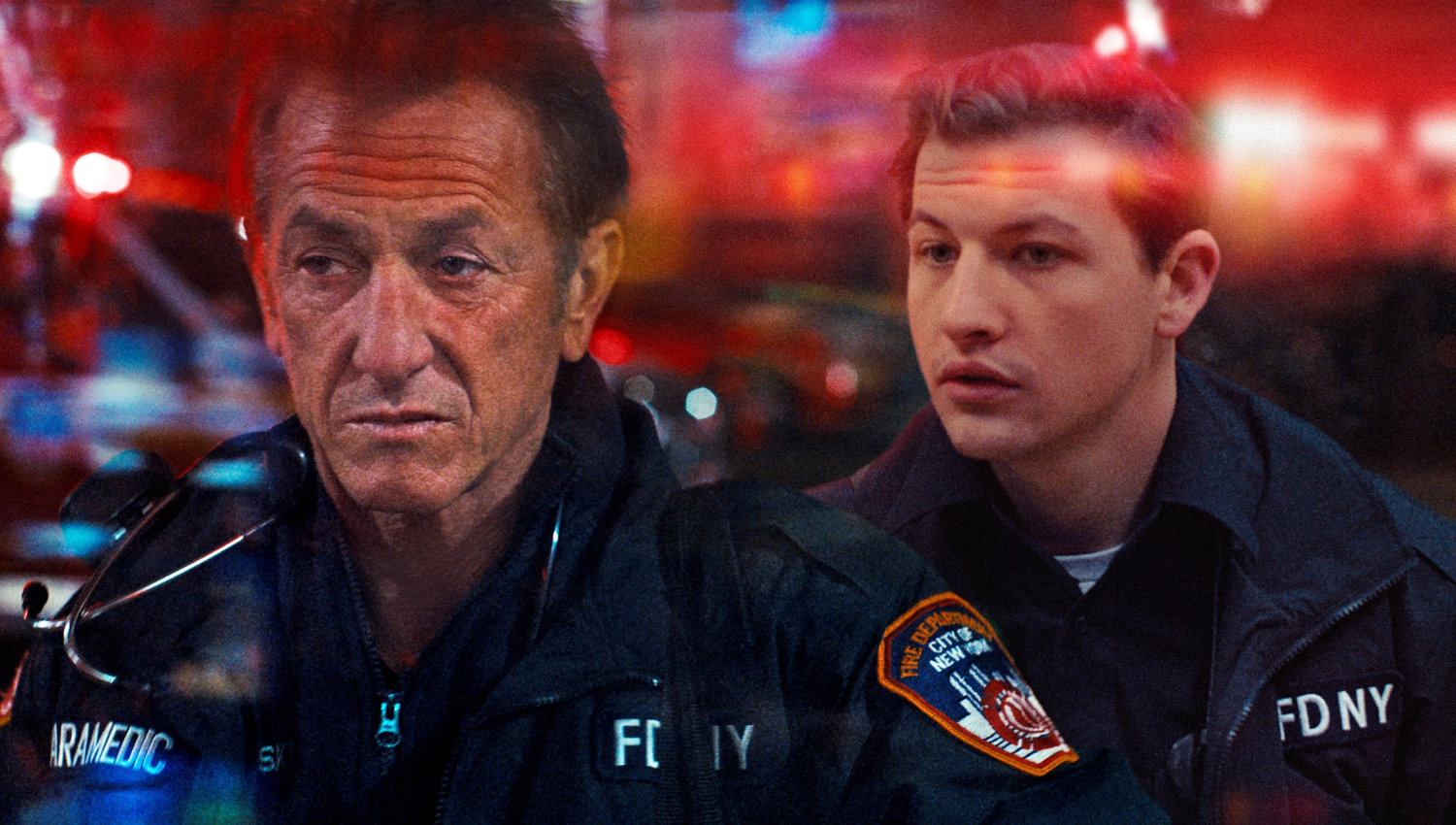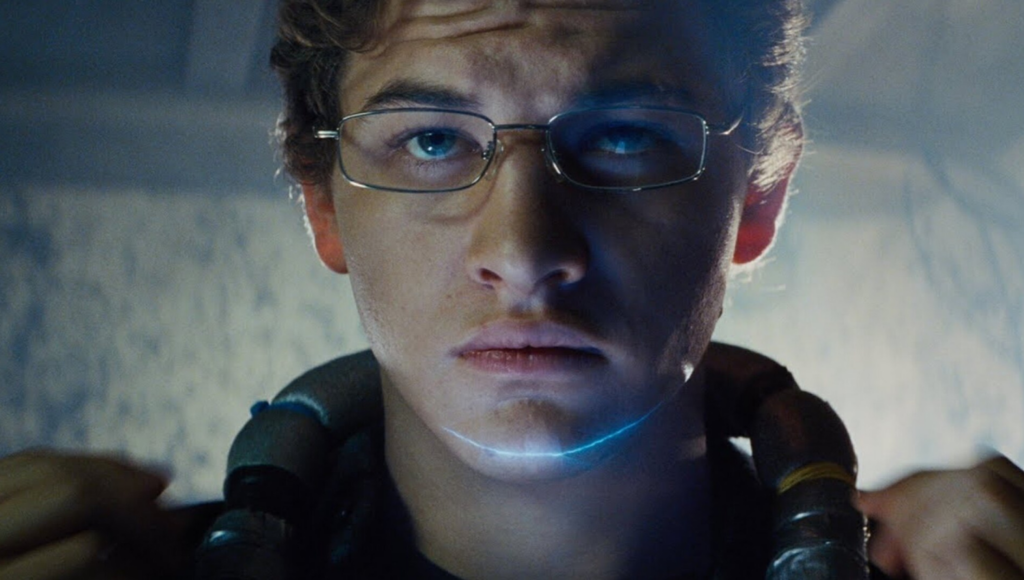
Asphalt City
Dustin Chase
If you can imagine one of those traumatizing paramedic episodes of “Grey’s Anatomy” combined with Antoine Fuqua’s award-winning “Training Day,” you might get some idea of what “Asphalt City” is going to put you through. Previously titled “Black Flies” when it debuted at Cannes last year, what could have been just another rookie working with a cynical veteran narrative is instead purposefully moody, atmospheric, and nightmarish. “We carry the misery,” Sean Penn’s character says in one of his most defeated moments. “Asphalt City” not only drops the viewer into the chaos of a paramedic trainee in New York City but also uses acute editing techniques and a variety of steady and handheld camera work to transfer the anxiety Tye Sheridan’s characters feel into our lap.

Living in Chinatown with various eclectic roommates, Ollie Cross (Tye Sheridan) studies for his upcoming exams during the day and trains as a paramedic on the night shift. It’s grizzly veteran Gene Rutkovsky (Penn) from whom he gleams the most practical knowledge. Rutkovsky cares less about protocol and more about what makes sense in the real world. “When these doors close… we decide”. From gang shootings to drug-addicted, HIV+ mothers giving birth, Cross and Rutkosky work through the most devastating scenarios on the streets of New York. The only solace Cross finds is weekly visits to a physical friend (Raquel Nave), who senses his burden deepening week by week. “You can’t save everyone, not even with all these toys and the training.”
"Asphalt City not only drops the viewer into the chaos of a paramedic trainee in New York City but also uses acute editing techniques and a variety of steady and handheld camera work to transfer the anxiety Tye Sheridan’s characters feel into our lap."
By the third patient, you wonder why anyone chooses this line of work. Director Jean-Stéphane Sauvaire bombards the viewer’s senses so we might understand what Ollie is enduring. His technique is so effective that the film is demanding and likely too burdensome for some. The narrative of a rookie learning to deal with the most challenging emergency calls night-to-night would be intense enough. Yet the added emotional and psychological elements of what Ollie is experiencing create the uneasy feeling usually reserved for horror films. There are only two moments of brief levity when the two EMTs trade silly jokes and another when they order take-out that they barely touch before another emergency comes in.
Eleven-year-old Sheridan’s first acting gig was in a film with Sean Penn, “The Tree of Life,” shot in Texas, though they were not in any scenes together. Sheridan, now 27, has always been the future of Hollywood but never quite found the proper role to make him a household name. He played Cyclops in The X-Men films alongside Jennifer Lawrence, stole the show from Ben Affleck in “The Tender Bar” a few years back, and led that forgettable “Ready Player One.” “Asphalt City” is easily his most complex and demanding work on screen. There is a vulnerable element to Sheridan’s charm that makes the audience instantly care about him. You’ll want to reach through the screen and hug him multiple times during the film. Penn is unsurprisingly solid, having played this type of character before. Despite top billing, the two-time Oscar winner is more of a supporting actor here. “Asphalt City” reinforces admiration for the work paramedics do but rivals the most depressing films you have ever seen and will likely ruin your day.
Final Thought
A moody and atmospheric paramedic film that will wreck your every emotion.
